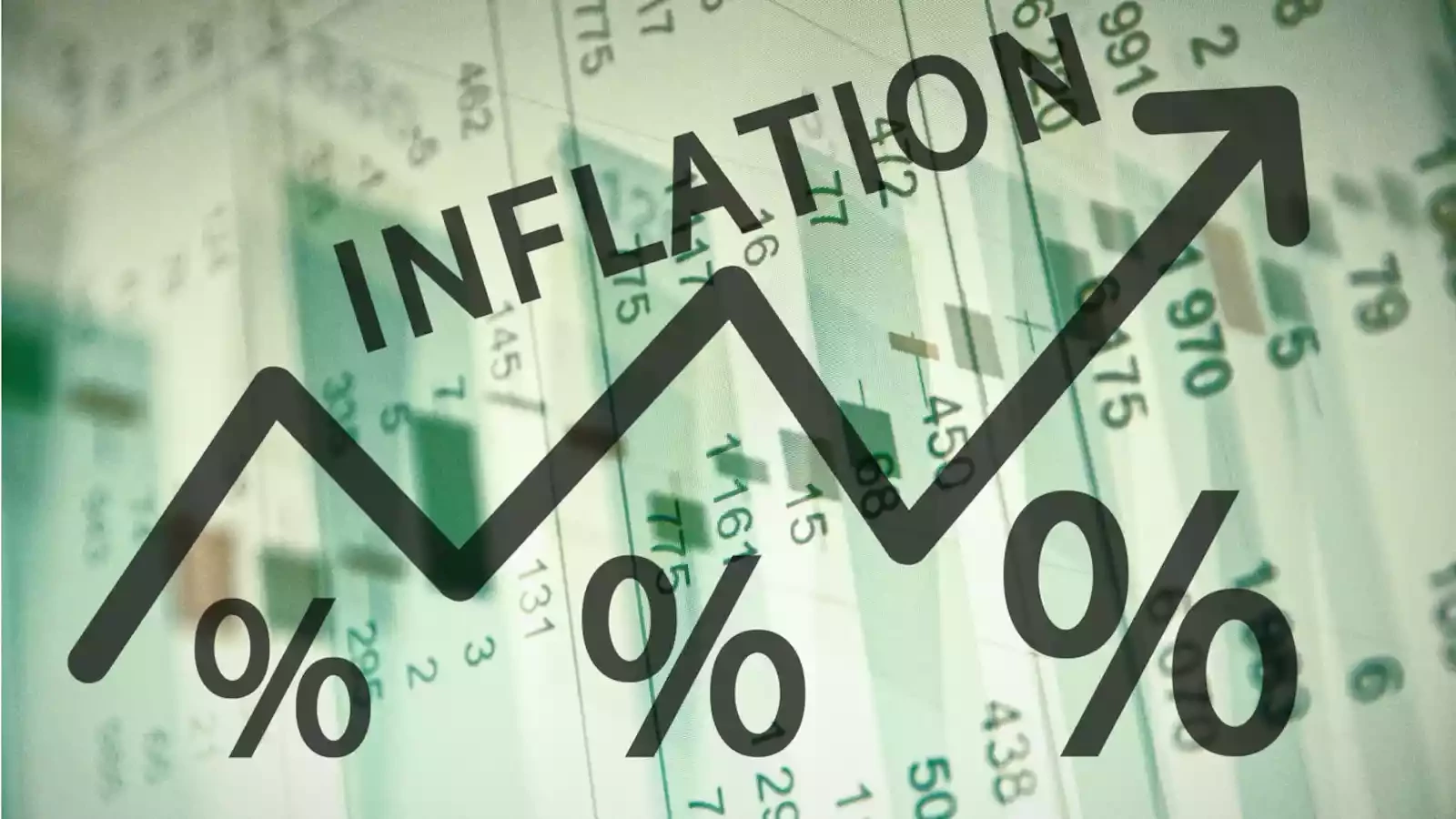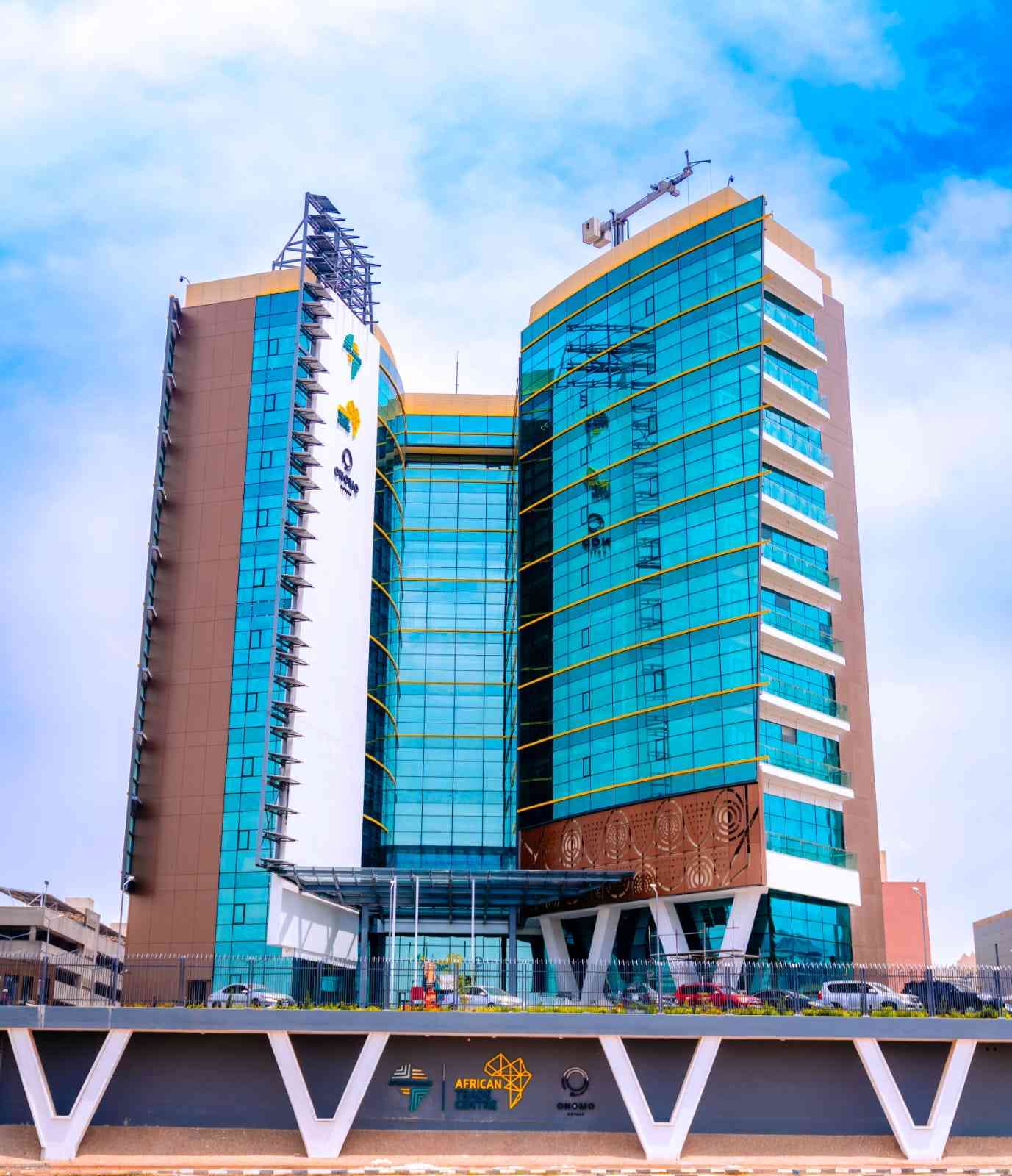
WE report elsewhere in this edition that many tenants in towns and cities are facing a bleak future.
The economic meltdown, which has escalated in the past five months, has eroded incomes at a scale last seen during the first phase of Zimbabwe’s crisis between 2007 and 2008.
Prices were rising on a daily basis, and it became difficult for citizens to plan or buy basics. Over five million people fled the country to seek refuge in other economies. In the end, the most skilled Zimbabweans were lost. They are now using their skills to develop other countries. But the saddest part of that downturn was seeing Zimbabweans in towns and cities being relegated to destitution.
With their incomes crushed, they struggled to pay rentals, and landlords threw them out. Those who were still luck to earn salaries in stable currencies had nowhere to buy food. Supermarkets collapsed, and they had to travel to South Africa for their basics.
Within a few months of the escalation of the tailspin in 2007, Zimbabwe witnessed a flood of people fleeing their rented apartments to live in informal settlements. This is how populations exploded in many informal settlements across cities. Land barons capitalised on the crisis to make millions. Today, local authorities are still struggling to bring order to informal settlements, which have turned into havens for crimes like drug dealing. Service delivery is extremely poor in these settlements and children are always at the mess of epidemics.
By failing to address causes of the ongoing economic crisis, the government is creating another generation of homeless people.
More people will leave formal settlements again, to join those already staying in shacks because their earnings have been eroded by hyperinflation and exchange volatilities.
While many of them may opt to return to their villages, where life is cheaper, the majority would rather stick to urban settlement, selling wares and vegetables. The rural economy has been overwhelmed by poverty and dwindling opportunities.
- Mthuli Ncube abandons struggling consumers
- Fears of jobs carnage as crisis deepens
- Fresh warning over bank rate hikes
- Police admit that money changers are untouchable
Keep Reading
This is why it has become imperative for authorities to act now, before this crisis spirals out of control.
But instead of acting, what we have seen recently are ad hoc measures, which only work for a few weeks or months.
This is why in spite of assurances by government that it is working on a recovery plan, everything seems to be crumbling.
The Zimbabwe dollar surrendered 58% of its value during the first quarter of this year. In the past month, the currency has also depreciated by wide margins, making it difficult for everyone to understand what is happening. Foreign currency shortages have increased, and again, prices have rocketed beyond the reach of many.
According to the Confederation of Zimbabwe Industries, annual inflation, in local currency terms, is still running at triple digit levels.
Authorities must not trivialise this crisis. They must act immediately to save million before more troubles emerge. They must remember that a second meltdown may end in disaster.










